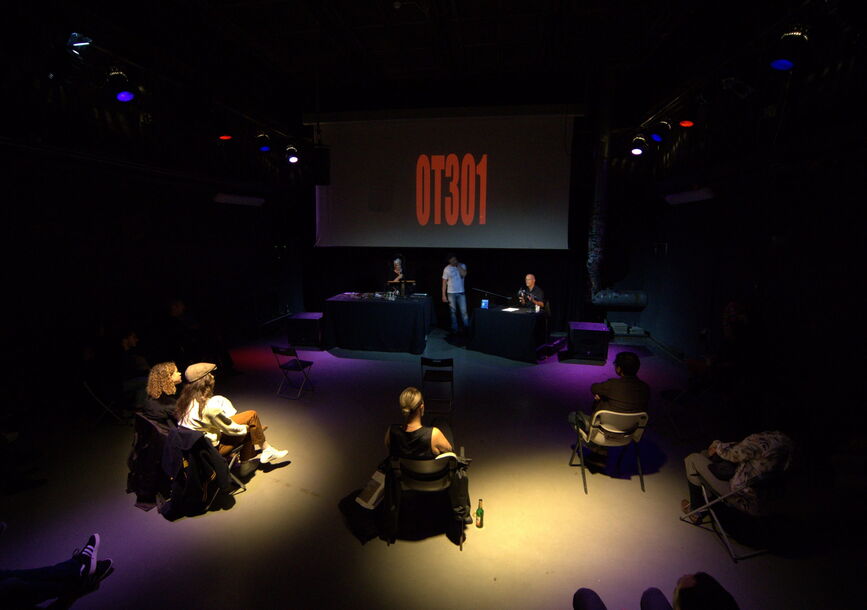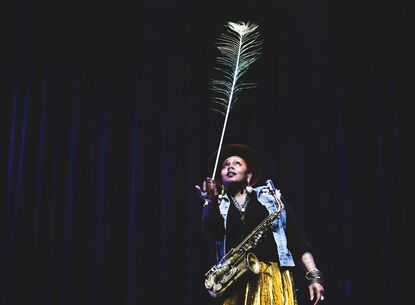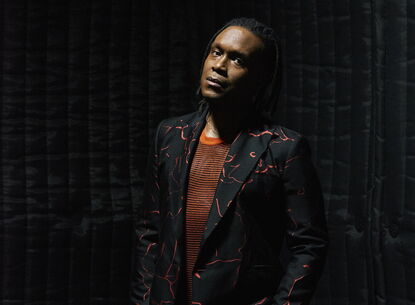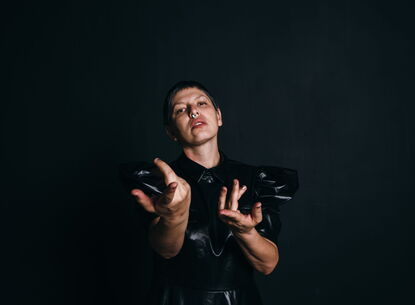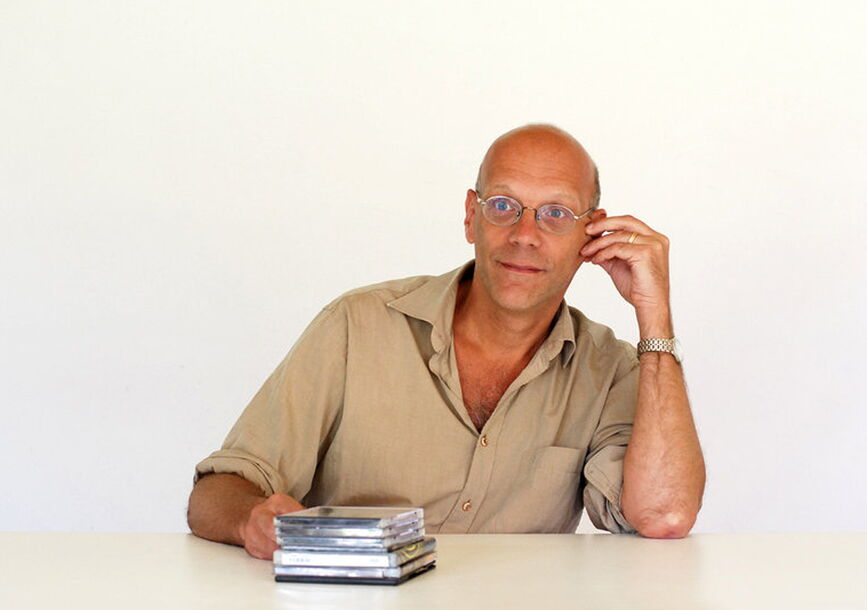
We Are Not Sick
about the panelists
Geert Lovink
Geert Lovink is a Dutch media theorist, internet critic, and author of Uncanny Networks (2002), Dark Fiber (2002), My First Recession (2003), Zero Comments (2007), Networks Without a Cause (2012), Social Media Abyss (2016), Organization after Social Media (with Ned Rossiter, 2018) and Sad by Design (2019). Almost all his books have been translated into German, Italian, and Spanish. In 2019, an anthology of his work appeared in Russian.
Lovink got his MA in Social and Political Sciences from the University of Amsterdam in 1984 and did his PhD at the English department, Media and Communication program at the University of Melbourne (2002). He was a postdoc at the University of Queensland in 2003. In 2004, he was appointed research professor (lector) at the Amsterdam University of Applied Science where he founded the Institute of Network Cultures. In 2005-2006, he was a fellow at Institute of Advanced Study (Wissenschaftskolleg) in Berlin. From 2007-2017, he was professor of Media Theory at the European Graduate School where he supervised five PhD theses. From 2004-2012, he was associate professor in the digital cultures program of Media Studies at the University of Amsterdam where he supervised numerous MA theses.
His institute organizes conferences, publications, and research networks, such as Video Vortex (aesthetics and politics of online video), Unlike Us (alternatives in social media), Critical Point of View (Wikipedia), Society of the Query (the culture of search), and MoneyLab (blockchain and internet-based revenue models in the arts). Recent projects deal with digital publishing and the future of art criticism.
Ben Grosser
Ben Grosser creates interactive experiences, machines, and systems that examine the cultural, social, and political effects of software. Exhibition venues include Eyebeam (New York), Somerset House and the Barbican Centre (London), Centre Pompidou (Paris), SXSW (Austin), Museum of Modern Art (Moscow), Museu das Comunicações (Lisbon), Museum Kesselhaus (Berlin), Science Gallery (Dublin), Japan Media Arts Festival (Tokyo), IMPAKT Festival (Utrecht, Netherlands), and the Digital Arts Festival (Athens). His works have been featured in The New Yorker, Wired, The Atlantic, The Washington Post, Los Angeles Times, PBS, Fast Company, Hyperallergic, BBC, The Telegraph, Le Monde, Corriere della Sera, Der Spiegel, El País, and Folha. The Guardian (UK), writing about his film Order of Magnitude, said “there will be few more telling artworks [from] the first decades of this century … a mesmerising monologue, the story of our times.” Speaking about his social media-focused projects, RTÉ (Ireland) described Grosser as an “antipreneur.” Slate referred to his work as “creative civil disobedience in the digital age.” Grosser’s artworks are regularly cited in books investigating the cultural effects of technology, including The Age of Surveillance Capitalism, The Metainterface, and Investigative Aesthetics, as well as volumes centered on computational art practices, such as Electronic Literature, The New Aesthetic and Art, and Digital Art. Grosser is an associate professor of new media at the University of Illinois and an assembly fellow with the Institute for Rebooting Social Media at the Berkman Klein Center for Internet and Society at Harvard University.
